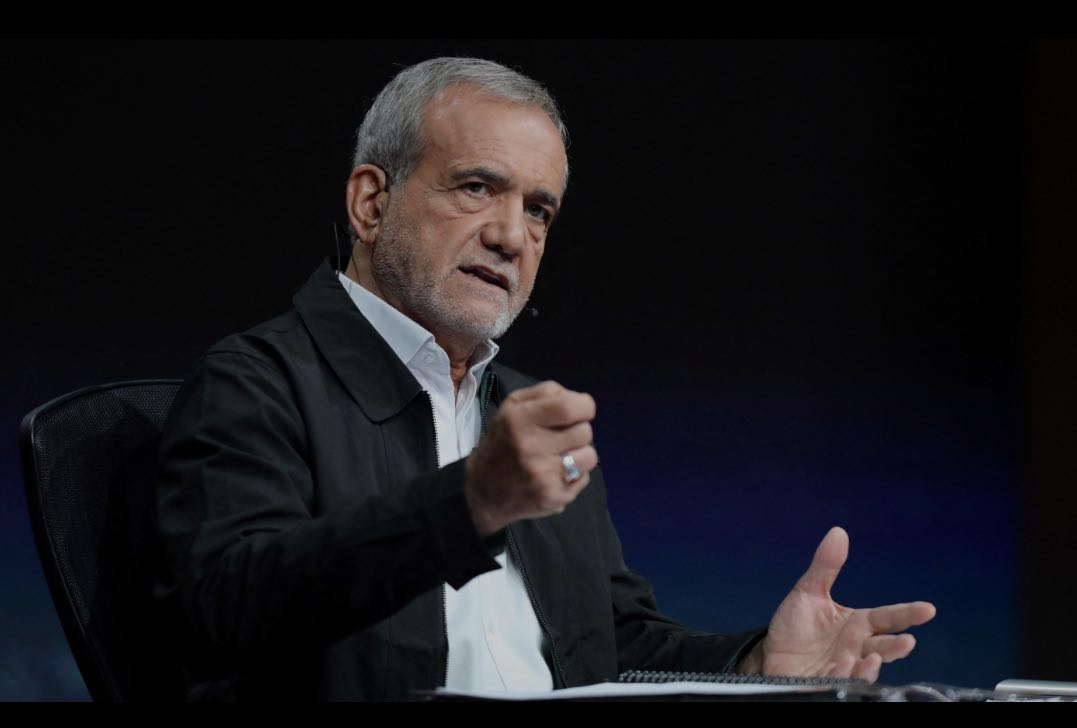Consensus is a two-way street
Consensus is a two-way street. The idea of national consensus policy, proposed by the president as a general policy for running the fourteenth government, is considered an old policy in the history of political theories worldwide.
Simply put, it means that the president, regardless of their political affiliation, instead of purging the government with their political allies, engages in a political give-and-take with other powerful factions in the country. In exchange for entrusting a number of important positions, they gain cooperation and support from these factions across all branches of power to advance their goals.
There is no doubt that Masoud Pezeshkian is genuinely a reformist, but after winning the presidential seat, he adopted this political thought and program, believing that a national consensus government is the only way to save the country and its people from existing problems.
He has concluded that a purely reformist government, no matter how much it may satisfy its like-minded supporters in the short term, will soon face dissatisfaction due to the inability to solve the country’s problems. This is because the conservative faction, which currently controls the majority of decision-making and powerful institutions in the country, will not allow him to fulfill any of his promises.
During his election campaign, Pezeshkian highlighted the major issues facing the people and promised to address them. Issues such as the economic crisis and unemployment caused by sanctions, as well as internet censorship, the morality police, and FATF, were mentioned by Pezeshkian. He concluded that by creating a national consensus government and involving conservatives in the government, he could resolve the existing problems.
However, the issue of handing over the most sensitive government positions to rivals from the opposing spectrum has caused widespread disappointment and despair among the people, especially political activists, campaign staff, and Pezeshkian’s supporters across the country. Therefore, we intend to examine the political effects and consequences of this action by the president. Simply put, if the president has reached an agreement in a behind-the-scenes interaction with opposing factions that in exchange for handing over these positions to rivals, they will cooperate with the government in solving daily problems, and if the opposing factions fulfill their promises and the aforementioned issues are resolved in the short term, this will undoubtedly lead to public satisfaction.
Realistically, we must say that in that case, it does not make much difference to the general public whether Eskandar Momeni, a conservative, is the Minister of Interior, or Abdullah Nouri, a reformist, even though the dissatisfaction of reformist elites will persist. In that case, it should be said that Masoud Pezeshkian can hope for the direct vote of the masses in the second round of the presidential election and not worry about the lack of support from reformist organizational activists. However, if the opposing faction does not fulfill their promises and does not cooperate in solving these problems, it must be said that a major political disaster will occur, which will not only affect Masoud Pezeshkian but the entire system. Because in that case, the failure to solve the aforementioned problems, based on what people see, will erode their trust in the reformist discourse of a presidential candidate and the widespread support of the people that led him to the presidency, followed by actions completely contrary to the announced slogans and programs and the failure to solve important societal problems.
In that case, unfortunately, no hope or possibility, at least logically, comes to mind that can bring people to the polls as a symbol of the system’s legitimacy. That is, even based on the principle that preserving the system is of utmost importance, if the system wants to give Pezeshkian or anyone else in the second round the authority to carry out comprehensive reforms that attract public attention, unfortunately, it will be difficult to convince anyone that coming to the polls just one more time will solve the problems. Thus, it is more than Pezeshkian; it is the Islamic Republic of Iran that suffers damage and loss.
In conclusion, it must be acknowledged that now that the president has endured the criticism of his supporters and followers by acting on the slogan of consensus and handing over the most sensitive government positions to the opposing faction, they must also fulfill their duties and responsibilities within the framework of a national consensus government to preserve and strengthen their desired system.

